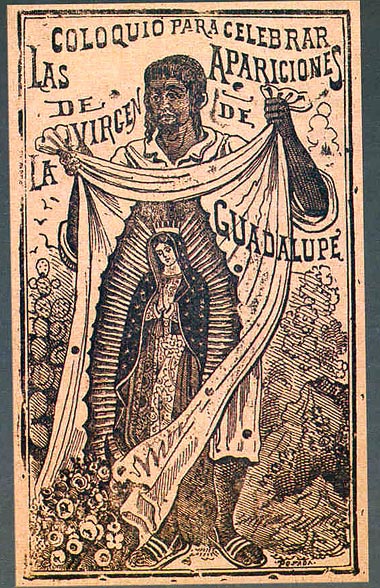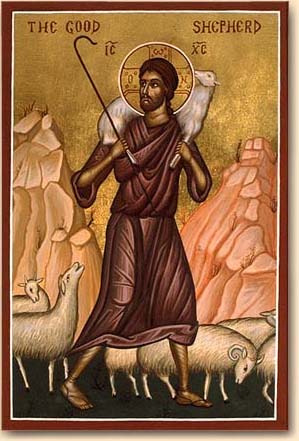“WHY ARE WE GRIEVING?” (Mt 11:16-19): 14 December 2007 (St. John of the Cross)
Reading: www.nccbuscc.org/nab/121407.shtml
For some reason, the gospel today reminds me of a poem I first read when I was in high school. The poem is “Spring and Fall” by Gerard Manley Hopkins, a 19th-century Jesuit who’s considered one of the most difficult English poets. The poem is deceptively short and simple, and Hopkins typically coins startlingly original words like “unleaving” and “leafmeal” to suggest–quite effectively–the piecemeal shedding of leaves in autumn. But even if I could hardly understand the poem then, I immediately liked it if only for its tone and mood.
In the poem, the speaker, an adult, watches a young girl named Margaret weep over fallen leaves. The poem begins:
Margaret, are you grieving
Over Goldengrove unleaving?
Leaves, like the things of man, you
With your fresh thoughts care for, can you?
His tone is tender and wistful; we can almost imagine him shaking his head, smiling sadly to himself as he watches Margaret. He sees that the girl doesn’t understand enough, but he doesn’t rush in to give her a lecture. He knows that in due time she will understand on her own.
I suspect the Lord might have felt something like this as he spoke to the fickle and confused crowd–perhaps not without exasperation, but certainly also not without sadness. “We played a flute for you,” he complained, “but you did not dance. We sang a dirge, but you did not mourn.”
This profound confusion that the Lord is talking about–I think I know what he means. Have you ever had the feeling that you’re so confused that you’re not even sure if you want to dance or mourn? Have you had moments when you can’t decide if you prefer to fast or feast, so you unwittingly end up rejecting both John the Baptist and the Lord? It’s almost as if we sometimes refuse to be happy. In other words, “Damn if you do, damn if you don’t.” Or as a famous local actress-turned-governor allegedly quipped during an interview: “Damaged if you do, damaged if you don’t!”
How right she is. Damaged we all are. We insist on grieving without really knowing what we grieve for. We insist on our discontent, vaguely wishing for something more or even just something else without really knowing what it is we seek.
The speaker in the poem understands that although Margaret is mourning the falling leaves, though she doesn’t know it yet, she is actually also grieving over the human condition as well as herself. As the last lines put it: “It is the blight man was born for, it is Margaret (we) mourn for.”
Likewise, the Lord knows that it is ourselves we mourn for. The truth is, the source of our grief is our estrangement from God, but we don’t know it. All our greatest hungers and all our fiercest needs are but symptoms of our deepest desire–which is nothing but our desire for God. Everything else is blind, frantic and desperate grasping to fill this hole inside us.
Today we ask ourselves, “Why are we grieving?” It’s a crucial question because to know what we mourn for is to know what we’re born for.
(image: www.victorianweb.org)
Note: I have uploaded a reading of the poem by Richard Austin. If you want to listen to it, download it from “The Soundtrack of Our Lives” (Music). Here also is the complete text of the poem by Gerard Manley Hopkins.
SPRING AND FALL
to a young child
Margaret, are you grieving
Over Goldengrove unleaving?
Leaves, like the things of man, you
With your fresh thoughts care for, can you?
Ah! as the heart grows older
It will come to such sights colder
By & by, nor spare a sigh
Though worlds of wanwood leafmeal lie;
And yet you wíll weep & know why.
Now no matter, child, the name:
Sorrow’s springs are the same.
Nor mouth had, no nor mind, expressed
What héart héard of, ghóst guéssed:
It is the blight man was born for,
It is Margaret you mourn for.


